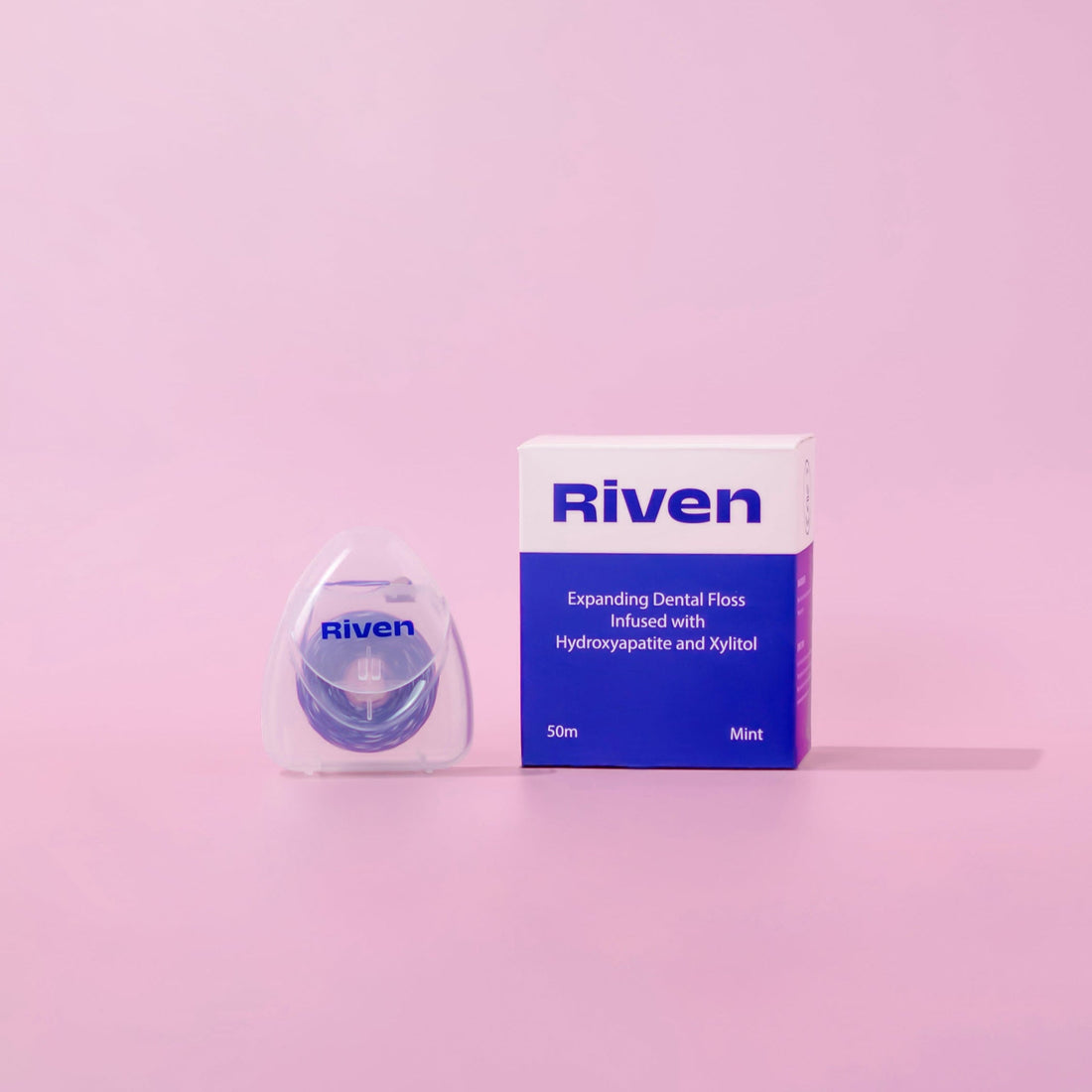
Oral Probiotics vs. Mouthwash
The health of your mouth affects the health of your whole body. This makes it important to maintain our oral health to prevent diseases like cavities, periodontitis and bad breath. Oral probiotics and mouthwash are two options that are frequently used to improve oral health. However, which one is better? This article will explore the differences between oral probiotics vs. mouthwash and provide insight into which one is the best option for you.
What Are They?
Before we explore the differences between oral probiotics and mouthwash, let us first discuss what they are.
Oral probiotics are live bacteria and yeasts that are beneficial to the oral cavity. They work by promoting a healthy balance of bacteria in the mouth and preventing harmful bacteria from multiplying. They can be consumed in many forms such as supplements, lozenges, and even a mouthwash.
On the other hand, mouthwash is used to rinse the mouth after brushing and flossing. This helps kill any remaining bacteria and freshen our breath. Mouthwash ensures thorough cleaning of the mouth which helps prevent oral diseases like cavities and gum disease. Mouthwash, like oral probiotics, comes in various forms, including fluoride, antibacterial, and natural mouthwashes.
Which One is Better?
Now that we know what oral probiotics and mouthwash are, let us explore their differences and which one could be more effective for our oral health.
1. Mechanism of Action
Oral probiotics work by promoting the growth of “good” bacteria in your mouth. They help restore the balance of bacteria in the mouth, also known as the oral microbiome. Factors such as poor oral hygiene, medications, and diet tend to disrupt the balance of this oral microbiome. By maintaining this delicate balance of bacteria, oral probiotics help prevent oral diseases such as cavities, gum disease, and bad breath.
Unlike oral probiotics that encourage good bacteria, mouthwash eliminates all bacteria in your mouth, including the good ones. The fact that mouthwash kills the beneficial bacteria along with the harmful bacteria makes it a double-edged sword – effectively preventing oral diseases but also disrupting the balance of your oral microbiome.
2. Side Effects
It is seen that oral probiotics are generally safe. They do not have any major side effects. However, some people may experience minor side effects such as an upset stomach or mild gas.
Mouthwash, on the other hand, can have some side effects, especially when used excessively. These side effects include staining of teeth, dry mouth, and an unpleasant taste.
3. Cost
Oral probiotics can be more expensive than mouthwash. However, they are typically more effective in preventing oral diseases and promoting oral health.
4. Accessibility
Mouthwash is widely available and can be found in most grocery stores and pharmacies. Plus many brands have different types of mouthwash making it easier to experiment with. Oral probiotics on the other hand are less common and may only be found in specialty health stores or online.
Conclusion
In conclusion, both oral probiotics and mouthwash can be effective in improving oral health. However, oral probiotics are more effective in preventing oral diseases and promoting a healthy balance of bacteria in the mouth. They are also generally less likely to cause side effects as compared to mouthwash. While mouthwash can be effective in preventing oral diseases, it kills both the good as well as bad bacteria which can lead to some unwanted side effects.
Ultimately, the decision between oral probiotics and mouthwash comes down to personal preference and individual needs. If you’re more inclined towards natural oral care, you can try using oral probiotics. However, if you’re looking for a more convenient solution, the Riven Rinse is the way to go. Check out our probiotic rinse, which combines the best of both worlds, giving you the goodness of probiotics along with thorough cleansing of a mouthwash.
